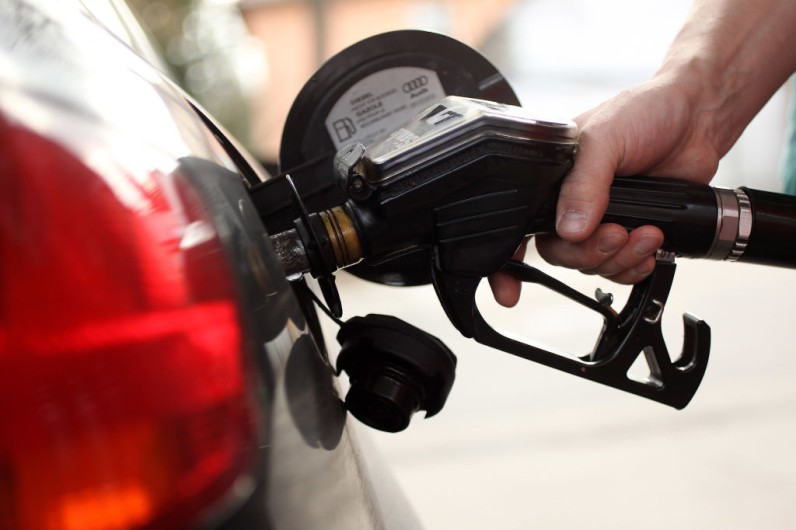
Due to a return to normal consumption after last year's surge following COVID-19 and a transition to electric vehicles (EVs) in China and the United States, economists predict that global gasoline demand growth might halve in 2024.
Reportedly, demand is projected to increase only 340,000 barrels per day (bpd), hitting 26.5 million bpd this year, which is the slowest growth since 2020.
Fuel Usage May Reduce Owing to EV Adaption
Last year, demand rose 700,000 bpd, as China got close to its peak for transportation fuel and the US surpassed it.
According to a Reuters report, electric car adoption has been on the rise in both the US and China. Sushant Gupta, analyst at Wood Mackenzie, said that rising EV usage in China will limit demand growth to 10,000 bpd this year.
Meanwhile, Rystad Energy analyst Mukesh Sahdev cites the consumption boom after the pandemic as the reason for the predicted 26.5 million bpd worldwide gasoline demand in 2024, an increase of around 300,000 bpd compared to the 700,000 bpd rise in 2023.
Gasoline demand is being driven by soaring vehicle sales, robust economic development, and a lack of EV adoption in Indonesia and India.
An estimated 39.2 million tons (908,000 bpd) of gasoline would be used in India in the year leading up to March 2025, according to official projections. This is a 5% increase from 37.2 million tons in the last year leading up to March 2024.
Numbers of Petrol Cars Decreased
The latest statistics from the Department for Transport reveal that there has been a plateau in the number of petrol vehicles, with a total of 19.24 million recorded between Q4 2019 and Q3 2023.
However, there has been an obvious decline in the number of diesel cars, with a decrease of 1.5 million (from 12.852 million to 11.352 million) during the same period.
The number of petrol cars has remained steady, while there has been a significant increase in the combined number of hybrid cars, electric vehicles (EVs), and other alternative-fuelled cars.
The number of low-and zero-emission alternatives has significantly risen from 800,000 to almost three million, while the figures for diesel vehicles have declined.
As diesel owners make the switch to petrol, it is expected that more petrol will be consumed to cover the same journeys. This is because diesel cars are typically 15 to 20 percent more fuel efficient than their petrol counterparts.







Join the Conversation